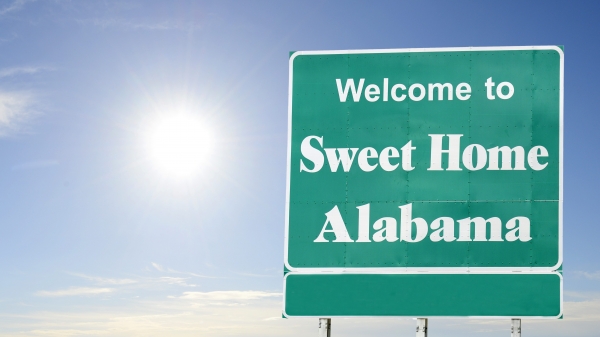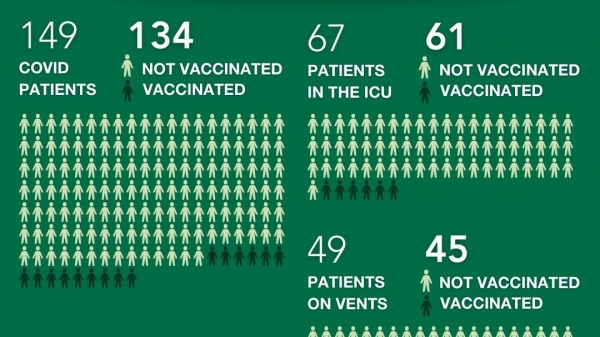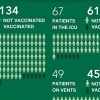Lawyers, start your billing.
Members of the Alabama State Democratic Executive Committee announced on Tuesday that they had a majority of members willing to participate in a called meeting for this Saturday in Montgomery to discuss adopting new party bylaws. That meeting would be one week prior to a meeting called by Alabama Democratic Party chairman Nancy Worley — putting the two factions on a collision course that can only wind up in a courtroom.
The SDEC members’ meeting on Saturday want to comply with directives issued by the Democratic National Committee last month to ratify the ADP bylaws in a manner that gave minority groups other than black a more equal voice. After months of attempting to get Worley and ADP leadership to rewrite Alabama’s bylaws to comply with the DNC standards, a group of SDEC members, including at least three elected members of the state’s black caucus, wrote new bylaws and sent them for approval. The DNC approved those bylaws last month and ordered a vote by Oct. 5.
Worley, who has repeatedly thumbed her nose at the DNC’s intervention in Alabama, set an SDEC meeting to discuss bylaws on Oct. 12 — a full week after the DNC’s deadline. She gave no explanation for missing the deadline.
That left SDEC members concerned that the DNC would follow through on a threat to not seat any Alabama delegates at the national convention next July in Milwaukee. So, led by a number of elected leaders, including Sen. Doug Jones, they organized a meeting that would meet the deadline. And in a surprising show of statewide support, Jones’ campaign announced on Tuesday that the SDEC members’ plan had gained majority support.
According to ADP bylaws, a majority of SDEC members can come together to call for a meeting without seeking approval from the chairman. But those bylaws also state that as chairperson, Worley has the authority to lead any SDEC meeting. That means she has the authority to determine which measures come up for a vote and which ones don’t.
It’s also unclear whether ADP bylaws allow for a meeting to be called by SDEC members after the chairperson has scheduled another meeting.
Worley made it clear on Tuesday that she is not happy about the current turn of events, telling ADP members that she had a properly called meeting for the 12th. She also said the SDEC majority “doesn’t have the authority to conduct official business.”
The ADP is being forced to rewrite its bylaws after a complaint was filed following the re-election of Worley in August 2018. That complaint alleged ADP leadership was purposefully misapplying the bylaws by defining “minority” only as black.
That definition allowed ADP vice-chairman for minority affairs, Joe Reed, to stack the SDEC with at-large voters, because the DNC bylaws also state that minority representation for SDEC votes has to be equal to or greater than the population of those voters in the state. To meet the quota, Reed was allowed to handpick at-large members just before the vote, giving him more than 30 loyal voters at times.
That setup allowed for all sorts of shenanigans and was the subject of numerous ethics complaints over the years. Primarily because it allowed Reed ultimate authority over the vote.






















































